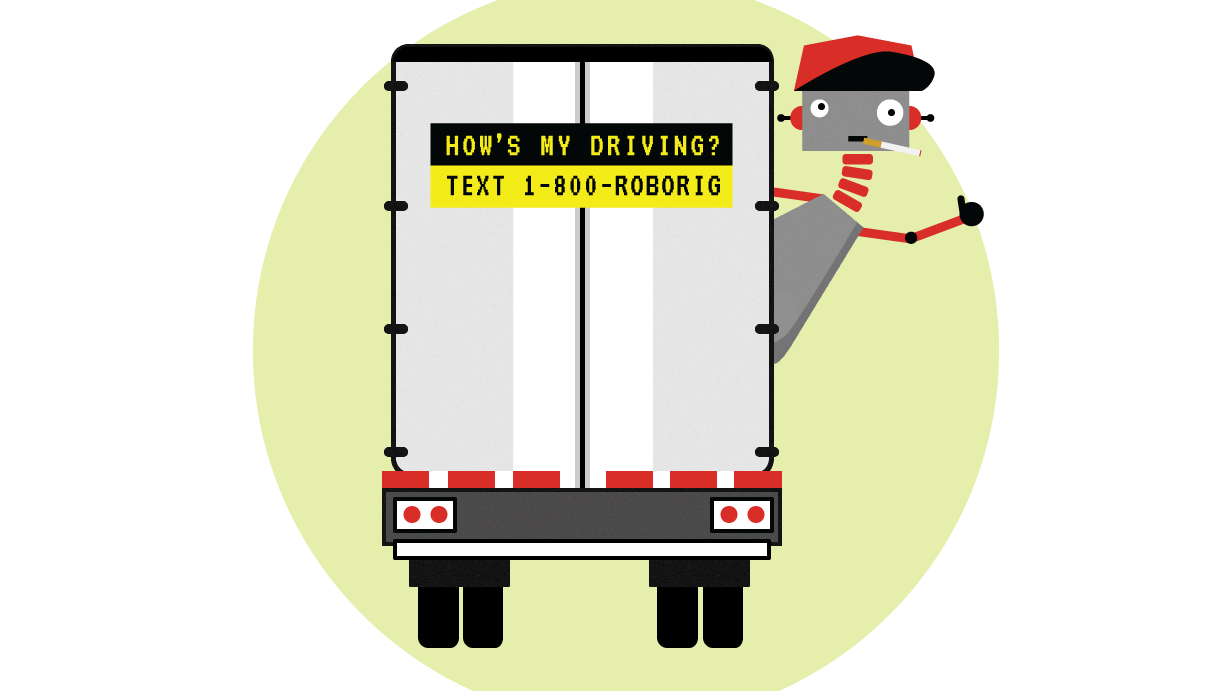Portland is about to become a proving ground for driverless cars—or, as the industry prefers to call them, "autonomous vehicles." Mayor Ted Wheeler last week announced he was moving forward with plans to have privately operated driverless cars on Portland streets by the end of the year. "To the inventors, investors and innovators, I'm here to say that Portland is open for business," Wheeler said.
Wheeler traveled to Salem last month with Commissioner Dan Saltzman, who oversees the Portland Bureau of Transportation, to lobby against a bill in the Oregon Legislature they say would have pre-empted local regulatory control of driverless cars. That bill, also opposed by a lobbying group backed by the robot carmakers of Silicon Valley, died in committee.
The tug of war between state and local authorities is familiar, but the tech they're fighting over is new, and the stakes are high. Driverless cars come with wide-ranging implications for everything from liability insurance to urban planning, mass transit, public safety, trade and climate change.
What has Portland committed to?
The city will soon publish a formal invitation for companies to test their driverless vehicles on city streets. For now, the city doesn't plan to subsidize a privately managed driverless car project—although that's possible in the future. PBOT spokesman Dylan Rivera says test projects may involve shuttling factory workers across industrial zones, or funneling East Portland residents to regional hubs like Gateway Transit Center. "It's highly unlikely they would start on narrow residential streets," Rivera says. "They would be more likely to start on busier streets, and on a limited basis."
Who's for robot cars?
Seattle tech billionaire and Portland Trail Blazers owner Paul Allen was a key proponent, kicking in $10 million toward a U.S. Department of Transportation competition for city driverless car projects (which Portland lost to Columbus, Ohio, last year). Intel stands to become a major market player. Last month, it paid $15 billion for Mobileye, an Israeli company that makes sensors for driverless vehicles. Silicon Valley giants like Google, as well as traditional carmakers such as General Motors and Daimler, are also hurriedly competing to gain first-mover advantage in the driverless car market. Google's local lobbyists have included longtime power broker Mark Wiener, though Wheeler's spokesman, Michael Cox, says the two have not discussed the issue. Cox says Wheeler did discuss driverless cars with the Portland Business Alliance, and mentioned it "in passing" to Uber and Lyft representatives in January.
Who's afraid of them?
Organized labor, among others. "Certainly the industry is driving this. It seems to me there's a rush," says Mark MacPherson, a lobbyist for Joint Council of Teamsters No. 37, which represents UPS drivers. "The questions aren't going to be addressed until there's some major traffic accident." Taxi companies are equally suspicious of local officials' enthusiasm for driverless cars. "I think they could care less," says Radio Cab general manager Steve Entler, noting the city hasn't asked his industry for input. Nationally, environmental groups and transit advocates aren't pleased about the prospect of more solo vehicle trips.
Are these things safe?
Nobody really knows yet. Carmakers say driverless cars will be safer than the status quo (robots don't drink). But it's unclear who will audit the source code that makes the cars go and, hopefully, keeps them from mowing down pedestrians. Hackers already have shown they can unlock doors and control other systems in internet-connected luxury cars.
When will the first driverless car be tested in Oregon?
Wheeler expects the first applications by late June. The first remotely controlled truck has already debuted here. In an Oregon Senate committee hearing earlier this month, lawmakers casually discussed a fact never before reported—on Dec. 1, 2016, Daimler, the German truck maker that manufactures in North Portland, tested its "connected truck" technology on I-84 between Troutdale and Hood River.
Connected whaaat?
The way it works is, a lead 18-wheeler controls the speed of a following 18-wheeler, allowing the second rig to draft the first, similar to the way bicycle racers follow each other. There was a driver aboard the second truck, but a wireless connection between vehicles allows much faster braking. Operating trucks in "platoons," as Daimler calls them, could provide two big benefits: Trucks can bunch more closely, separated by just 15 meters instead of 50, which could allow fuel savings of 10 percent or more.
Who approved this?
Nobody. Tom Fuller, a spokesman for the Oregon Department of Transportation, says Daimler and others working on the technology don't need ODOT permission for such testing, although the company did notify his agency and the Oregon State Police. "If you have a trained, licensed driver behind the wheel, there's nothing to stop you from testing," Fuller says. Daimler expects to conduct further tests later this year, and a company spokesman emphasizes a trained driver will be aboard.


